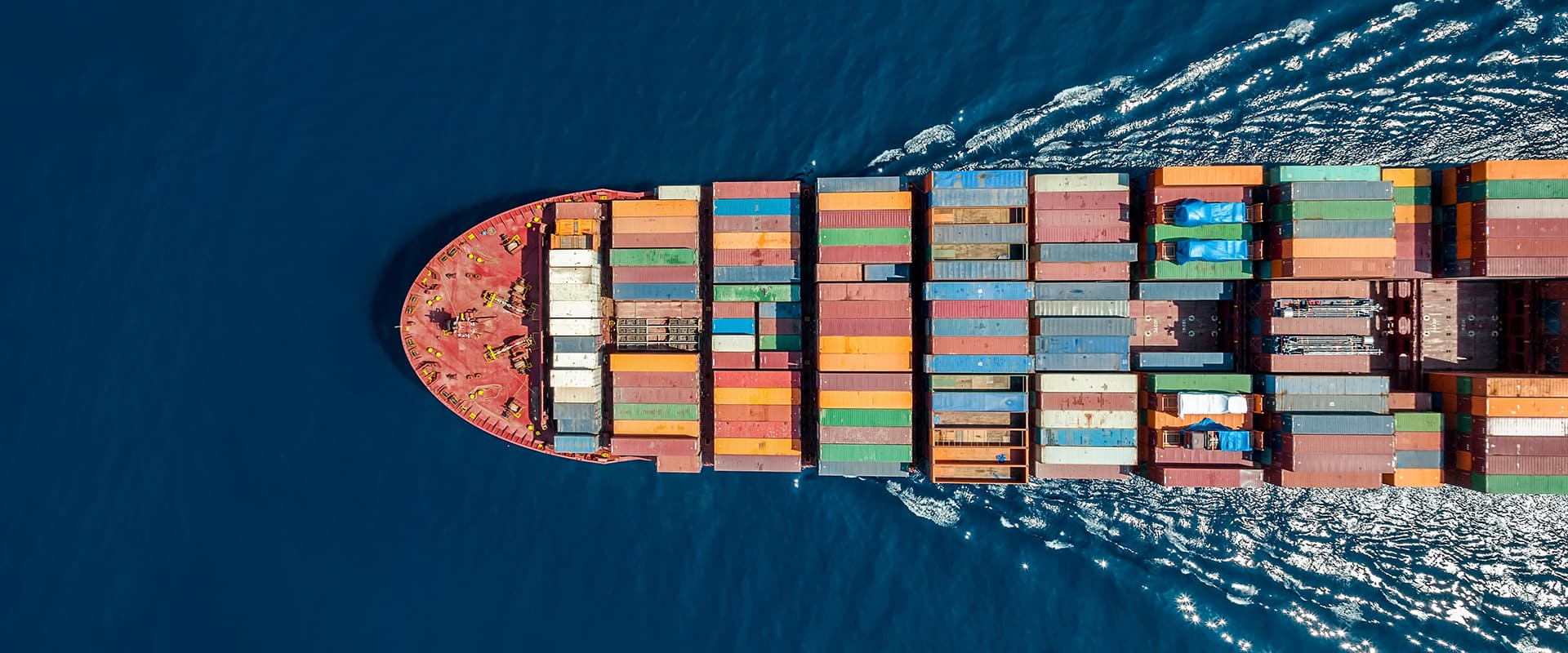Discover more about S&P Global's offerings
Customer Logins
Obtain the data you need to make the most informed decisions by accessing our extensive portfolio of information, analytics, and expertise. Sign in to the product or service center of your choice.
Customer Logins
Overview
Finding Reliability in an Unreliable World
Nearly five years after the onset of Covid, shippers of ocean containerized freight have become all too used to the worst of all worlds—poor reliability combined with periods of historically high rates. It is of little consolation that external shocks such as the public health crisis of COVID and the geopolitical tensions in the Middle East are at least partly responsible for the challenging and costly supply chain environment shippers are experiencing seemingly on a never-ending basis.
Worse is a growing perception that ocean carriers, some of whom prided themselves in years past on schedule integrity, now see disruption irrespective of the source as a factor acting decisively in their favor. After all, when ships ran on time and ports were fluid, carriers rarely made money. But when ports backed up and ships by the dozens waited off shore, the capacity effectively removed from the market contributed to an upward spiraling of rates and previously unimaginable carrier profits.
A parade of mega-ship vessel deliveries and the likihood that the spring-summer early peak season of 2024 will fade as 2024 winds down will give shippers some respite from the tight market. But there is no guarantee that a culture of schedule integrity will return to ocean carrier operations, the one possible exception being the Gemini network to be rolled out by Maersk and Hapag-Lloyd in early 2025.
The Gemini hub and spoke network, which aims to avoid delays at a single port delaying all subsequent arrivals on a multi-port string, is intended to present to the shipping public an alternative to the prevailing reality of blanked sailings and skipped port calls. In other words, actions implemented by carriers acting in their own interests which, in the zero-sum game of container shipping, means to the disadvantage of their customers.
Further complicating the environment for shippers, as the market witnessed in the spring of 2024, conditions in container shipping can and will change on a dime. The market pivoted this spring with little warning, from one of overcapacity where carriers forecast a down year despite the Red Sea diversions, and BCOs signed annual contracts at normalized rates as low as $1500 per FEU, to a suddenly red hot market where transpacific spot rates peaked at nearly $8000 in early July and Asia-Europe rates exceeded $8,000 per FEU around the same time, according to S&P Global Commodity Insights. Thus it is largely folly in the fall of 2024 to predict what the market will look like when TPM25 convenes on March 2-5, 2025.
{"items" : [
{"name":"share","enabled":true,"desc":"<strong>Share</strong>","mobdesc":"Share","options":[ {"name":"facebook","url":"https://www.facebook.com/sharer.php?u=http%3a%2f%2fstage.www.spglobal.com%2fmobility%2fen%2fevents%2ftpm-2025-by-sp-global%2foverview.html","enabled":true},{"name":"twitter","url":"https://twitter.com/intent/tweet?url=http%3a%2f%2fstage.www.spglobal.com%2fmobility%2fen%2fevents%2ftpm-2025-by-sp-global%2foverview.html&text=TPM+2025+by+S%26P+Global","enabled":true},{"name":"linkedin","url":"https://www.linkedin.com/sharing/share-offsite/?url=http%3a%2f%2fstage.www.spglobal.com%2fmobility%2fen%2fevents%2ftpm-2025-by-sp-global%2foverview.html","enabled":true},{"name":"email","url":"?subject=TPM 2025 by S&P Global&body=http%3a%2f%2fstage.www.spglobal.com%2fmobility%2fen%2fevents%2ftpm-2025-by-sp-global%2foverview.html","enabled":true},{"name":"whatsapp","url":"https://api.whatsapp.com/send?text=TPM+2025+by+S%26P+Global http%3a%2f%2fstage.www.spglobal.com%2fmobility%2fen%2fevents%2ftpm-2025-by-sp-global%2foverview.html","enabled":true}]}, {"name":"rtt","enabled":true,"mobdesc":"Top"}
]}

